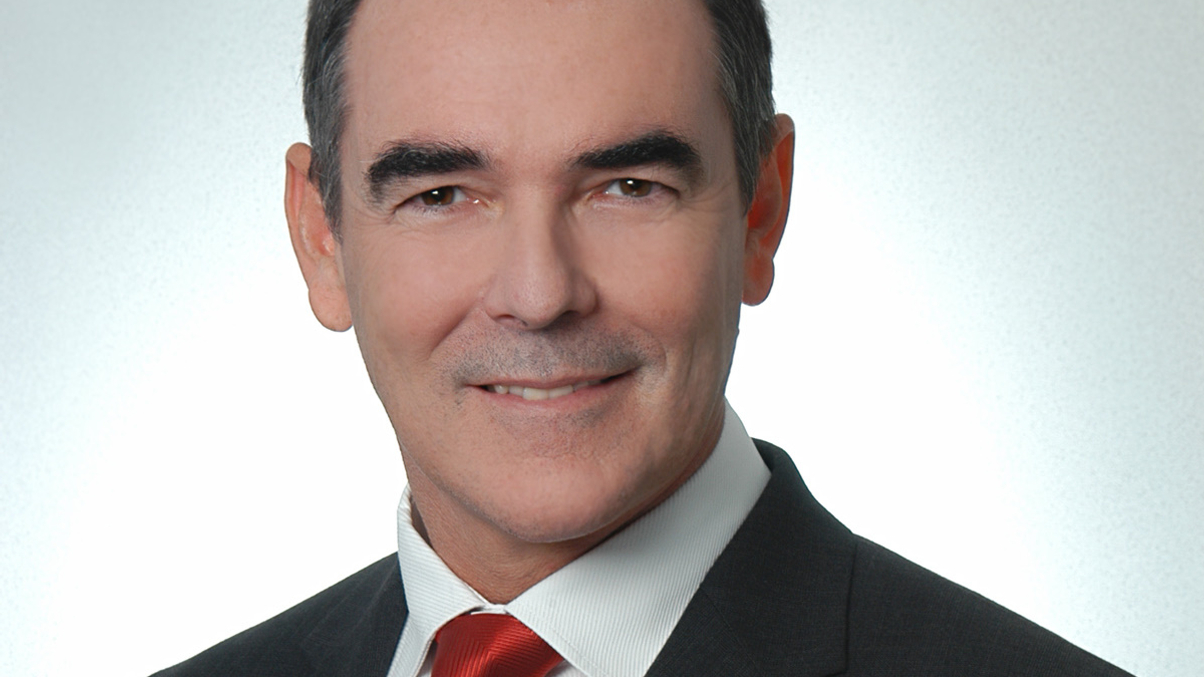Franklin Templeton outlines Asia retail build-out
The US fund manager aims to enter retail markets in Malaysia and Vietnam, and build onshore businesses in Taiwan and, ultimately, Indonesia.

Franklin Templeton Investments is eyeing Asia-wide expansion to build on a strong 2011, which saw its Asia-Pacific-sourced AUM soar by a fifth to $70.7 billion, and again to $75.8 billion in the first quarter of this year.
Sign in to read on!
Registered users get 2 free articles in 30 days.
Subscribers have full unlimited access to AsianInvestor
Not signed up? New users get 2 free articles per month, plus a 7-day unlimited free trial.
¬ Haymarket Media Limited. All rights reserved.


